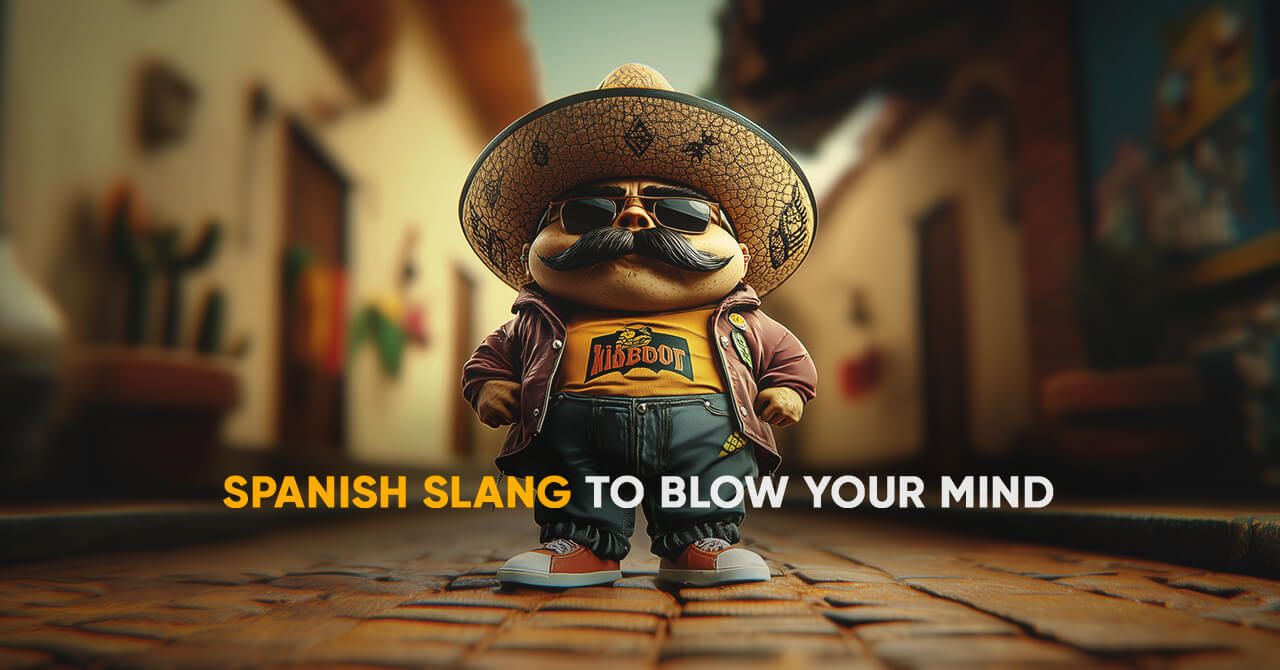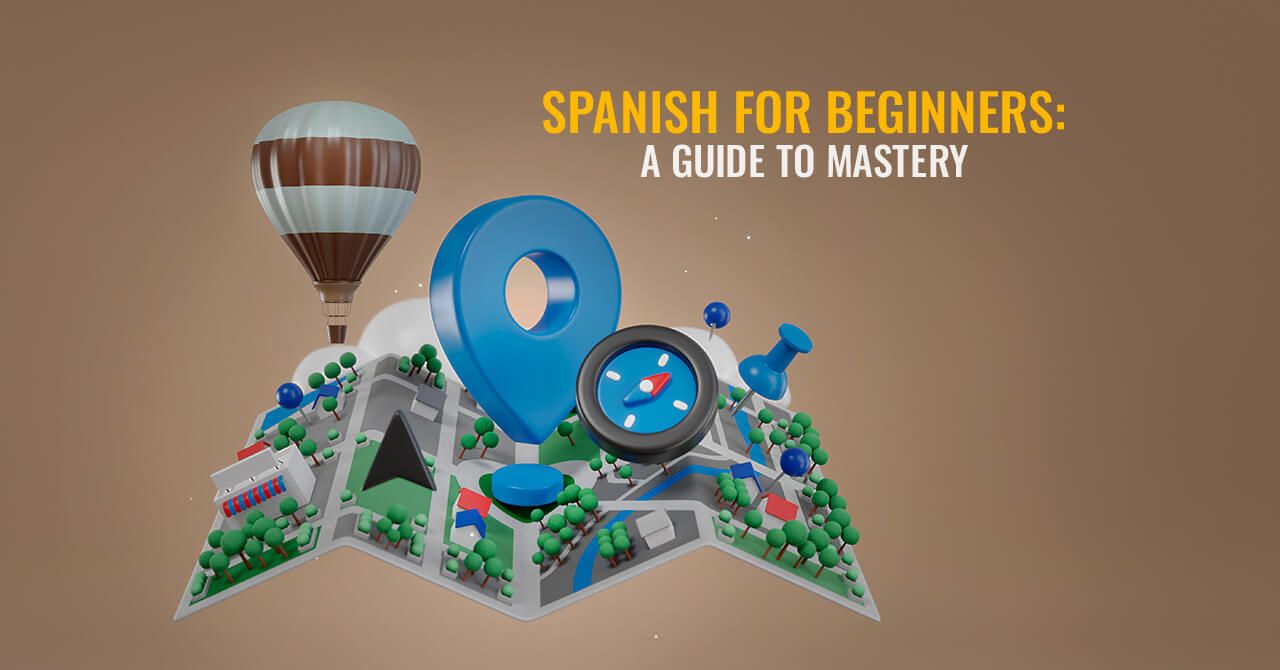
Interesting Spanish Slang That Will Blow Your Mind
Slangs for “beer”
Birra. This word was borrowed from Italian in the Rio de la Plata region (Argentina and Uruguay). It was first used in low-class circles of Italian descent that spoke a mix of Spanish and Italian called “lunfardo.” This argot was originally used by criminals, but with the advent of tango, it was embraced by the middle class. The word lunfardo comes from Lombardo, the adjective for people from the Lombardy region in Italy. Other examples of this can be “laburar” (to work) or “groso” (great, the best).
Chela. This is the colloquial term used in both Mexico and Chile. The word traces its origins to the Mayan word “chel” which means blue. Blue-eyed people are usually blonde so you can guess the rest.
Caña. You probably heard this word before, it’s the slang for beer in Spain. It comes from “caño” which means tube (necessary to serve draught beer), but in most of Spain, it just means beer, either in a bottle or draught.
Slangs for “cool”
Guay. The word used in Spain and parts of Mexico. Like many other words and expressions in Spanish, it’s a borrowing from Arab.
Chévere. Used in most of Latin America. Originally introduced by Efik peoples (in modern-day Nigeria) that were taken to the Caribbean as slaves.
Buena onda. Used in Chile, Argentina, and Mexico.
Bárbaro. Used in Argentina and Uruguay. It refers to barbarians and, as in many other expressions, it shows to what extent Rioplatense people use sarcasm on a daily basis. Just like the barbarians looted and slaughter in a crazy way, they use this word for incredible (more than good) situations.
Tuanis. Used in Costa Rica, Honduras, Nicaragua, and El Salvador. Its origin is related to a military officer from El Salvador, who created a whole argot to communicate with his subordinates. After deciphering it letter by letter, “Tuanis” becomes “bueno.” This became a thing throughout Central America.
Slangs for “friend”
Parce. Well-known slang in Colombia. It’s a borrowing from “parceiro,” the Portuguese term for friend or partner. This is a pretty recent nationwide slang that originated in the slums of Medellín, a city unfortunately famous for the narco violence of the 80’s and 90’s. The cartels worked in the Amazon rainforest, where they had to communicate with Brazilians and Peruvians, and thus they took the word.
Tío. Widely used in Spain. Elsewhere it just means uncle.
Pana: Panama, Dominican Republic, Puerto Rico, Venezuela, and more. Its origin is debated.
Carnal. Used in Mexico, Guatemala, El Salvador, Nicaragua and Venezuela. From Latin “carnalis,” which means belonging or related to meat.
False friends
Like in any language, and especially with Spanish vast geographic extension, false friends are bound to exist.
Thus, you have slang such as the adverb “harto” in Chile (too much, too many), so do not be confused with the adjective in vernacular Spanish in general (which means tired or fed up).
- “Qué ladilla!” is slang for nuisance in Venezuela, while in vernacular Spanish, it just means louse.
- “Asado” in Argentina is a typical (delicious) barbecue, but in Peru, it’s just slang for angry.
- “Grifo” is slang for gas station in Peru, but in Spain and other countries, it’s the water tap.
- “Burda” means a lot/many in Venezuela, but it means crude in vernacular Spanish.
I was born in Argentina but grew up in the UK. I was living in Australia in 2019 when I decided to move to Vietnam to teach English. I learned Vietnamese and managed to settle here after a few years.

